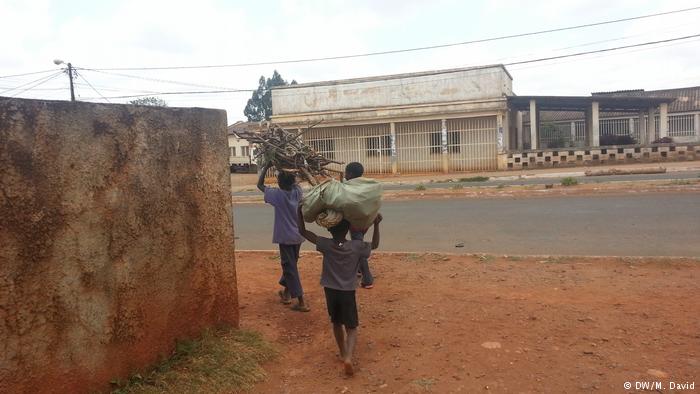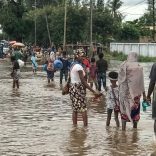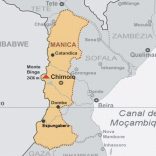Mozambique: Justice sector raises concern over cases of incest - Notícias
How can we put an end to child labour in Mozambique?

Even though last Friday, June 1, was International Children’s Day, many Mozambican children spent the day working, forced to do so by poverty.
António dos Anjos – a fictitious name – is one of the hundreds of children in the province of Niassa who work to earn money for the family.
“I did not have money to enrol [for school] so I travelled here from Zambezia to earn money and to enrol next year. Also with the money I can buy buckets, pots and clothes for my mother,” he says.
The United Nations Children’s Fund (UNICEF) estimates that more than 22 percent of Mozambican children between the ages of 5 and 14 work, mainly in agriculture and livestock, and mostly because of extreme poverty.
“We have interviewed the children to find out why they are on the street and the problem we have encountered most of the time is poverty,” Lino Cristóvão, president of the Children’s Parliament in Niassa, explains.
In Niassa, child labour is especially visible in the large cities, Lichinga and Cuamba, and in areas where mineral resources are exploited.
Against child labour
Ending child labour will involve several players, starting with the places where children are working, says Victor Maulana, provincial coordinator of the Friends of the Child Good Hope Association.
“As an organisation, we are trying to see what the strategy will be for implementing a project to raise awareness of associations, including associations of miners. We intend to carry out training on children’s rights so that they do not allow children [to work], because the children in those places are losing out,” he says.
Maulana says that it is necessary to raise awareness, integrate children and fight poverty with more education. Children need to go to school, study and learn skills – it is their future that is at stake, he says.
“Children who work have no alternative. If you ask them, they tell you that that they don’t have a mother or father and live with their aunts or sisters, so they are deprived children who depend on themselves. It is necessary to integrate these children.”

Premature marriages
Another problem in Mozambique is premature marriage. This year, the country marked World Children’s Day under the motto “Let’s put an end to premature marriage”.
“Let’s make the family the laboratory that shapes the citizens of tomorrow, [where children] have a healthy and undisturbed growth process,” Mozambican president Filipe Nyusi said in an anniversary message.
Nyusi stressed that the government would continue to focus on education, training and child development.
In Mozambique, half the women between the ages of 20 and 24 were married when they were minors, according to UNICEF, which together with the government launched a National Strategy for Preventing and Combating Premature Marriages, which is expected to run until 2019.
The Mozambican parliament’s president, Veronica Macamo, announced on Tuesday (May 29) that the body is studying the end of an exception that legalises marriages from the age of 16.
“It should be mandatory for [young people] to be 18 to marry,” instead of being allowed to do so at the age of 16 with the consent of parents or guardians, as under the current law.












Leave a Reply
Be the First to Comment!
You must be logged in to post a comment.
You must be logged in to post a comment.